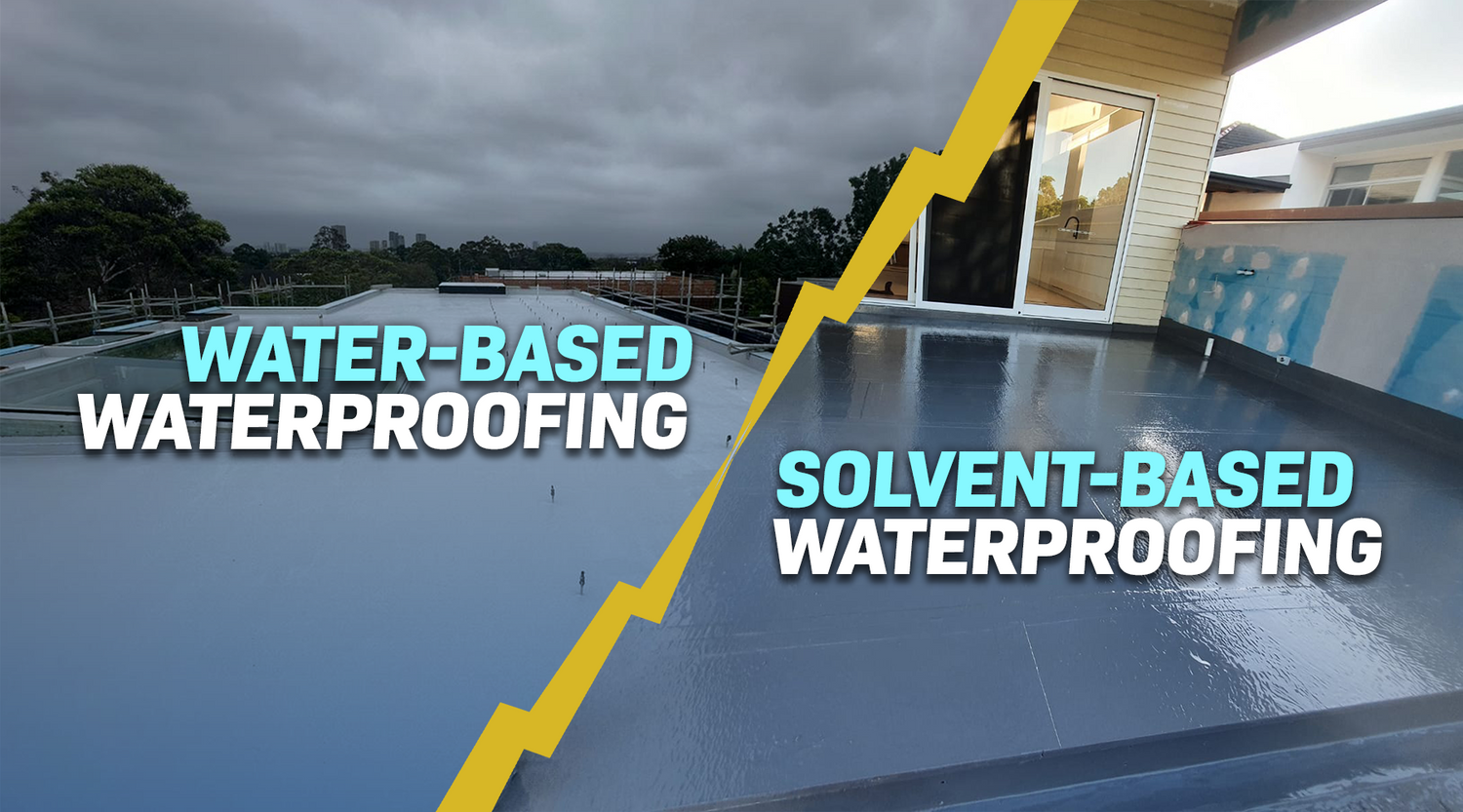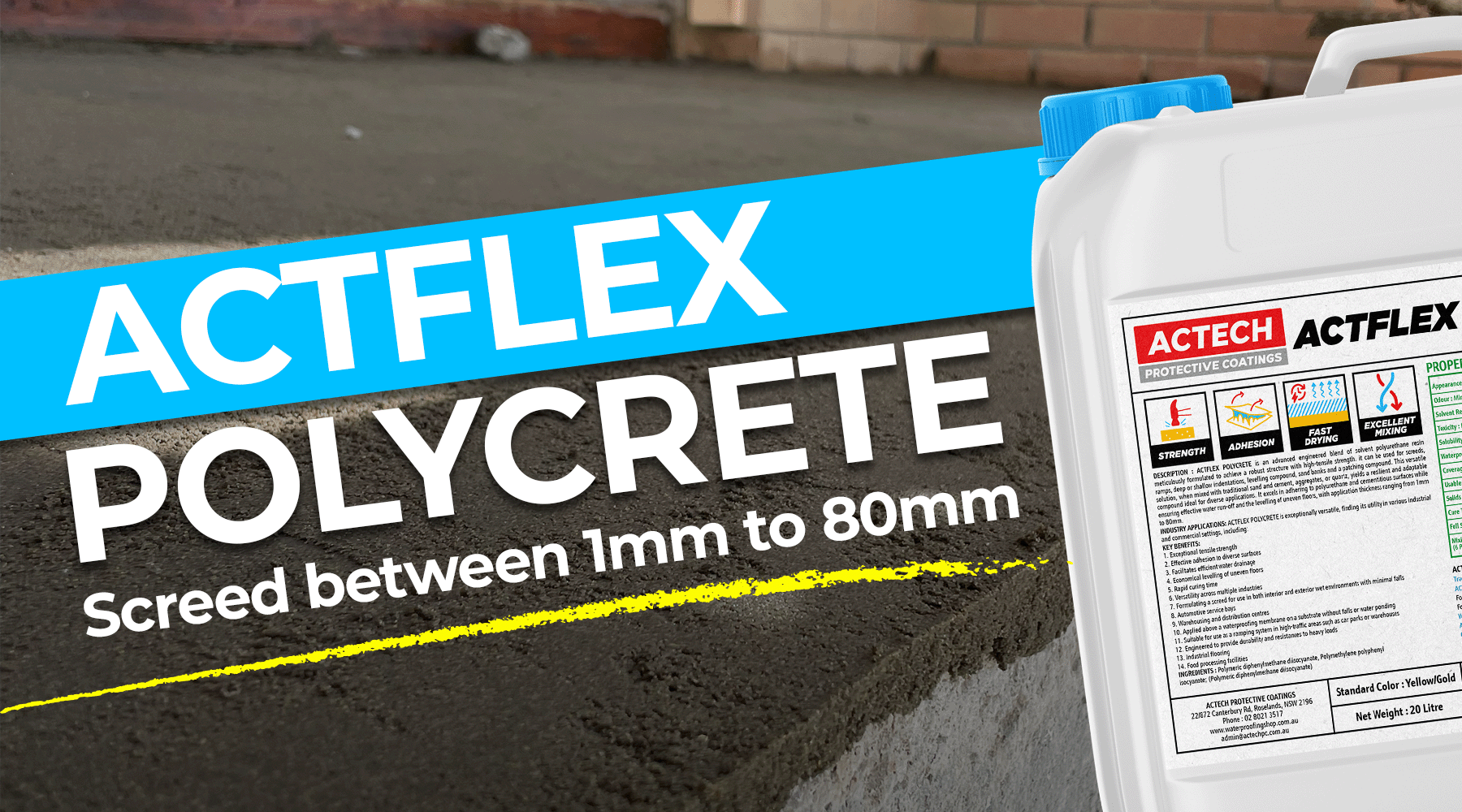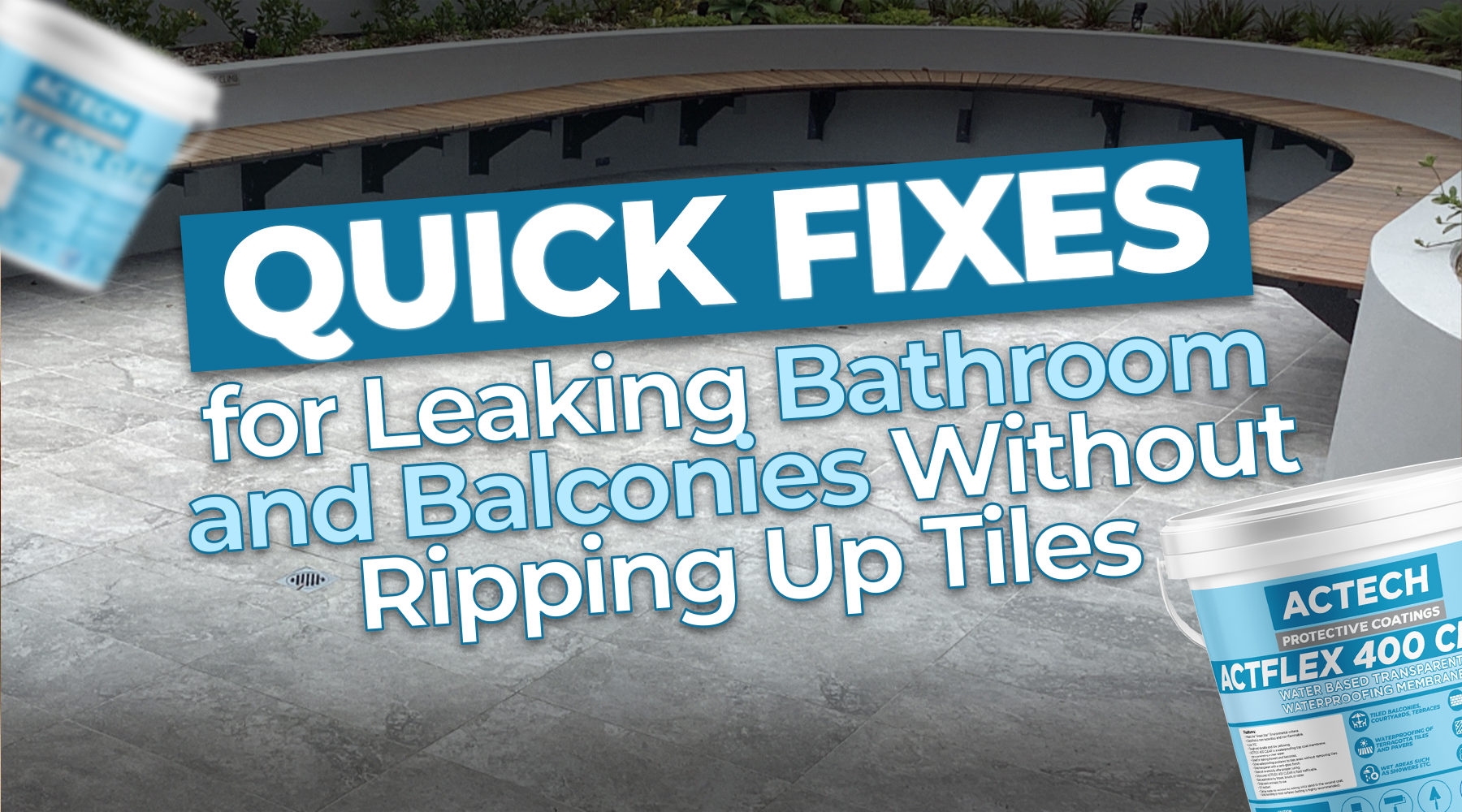Introduction: In the realm of waterproofing, choosing the right type of product is crucial for achieving long-lasting protection against moisture intrusion. Two common options available are water-based and solvent-based waterproofing solutions. In this blog post, brought to you by The Waterproofing Shop, we'll delve into the differences between these two types of waterproofing, helping you make an informed decision for your project.

Water-Based Waterproofing: Water-based waterproofing formulations are primarily composed of water as the carrier solvent, along with various polymers, resins, and additives. These formulations offer several advantages:
- Environmental Friendliness: Water-based waterproofing products are generally more environmentally friendly than their solvent-based counterparts. They emit fewer volatile organic compounds (VOCs) and are less harmful to both the environment and the applicator's health.
- Ease of Application: Water-based waterproofing solutions are typically easier to apply, as they have a lower viscosity and can be cleaned up with water. This makes them ideal for DIY projects or situations where rapid application is necessary.
- Quick Drying Time: Water-based formulations tend to dry faster compared to solvent-based alternatives, allowing for quicker project completion and reduced downtime.
Why Choose Water-Based Waterproofing:
- Ideal for projects where environmental impact is a concern.
- Suitable for DIY applications due to ease of use and cleanup.
- Well-suited for projects with tight timelines requiring fast drying times.

Solvent-Based Waterproofing: Solvent-based waterproofing products utilize organic solvents as the carrier medium for their active ingredients. While they offer certain advantages, they also come with unique considerations:
- Enhanced Penetration: Solvent-based formulations often exhibit superior penetration into substrates, resulting in deeper waterproofing and enhanced protection against moisture intrusion.
- Greater Durability: Solvent-based waterproofing solutions are known for their durability and resistance to harsh environmental conditions, making them suitable for demanding applications such as industrial settings or heavy traffic areas.
- Longer Curing Time: Solvent-based formulations typically have a longer curing time compared to water-based alternatives. This extended curing period may result in longer project timelines and increased downtime.
Why Choose Solvent-Based Waterproofing:
- Ideal for projects requiring superior penetration and long-term durability.
- Suitable for applications in harsh environmental conditions or high-traffic areas.
- Preferred for projects with longer curing times where extended durability is a priority.
Conclusion: Both water-based and solvent-based waterproofing products offer distinct advantages and considerations. The choice between the two depends on factors such as environmental impact, ease of application, drying time, penetration depth, durability requirements, and project timeline. By understanding the differences outlined in this blog post, brought to you by The Waterproofing Shop, you can make an informed decision that aligns with your specific needs and project goals.




Leave a comment
This site is protected by hCaptcha and the hCaptcha Privacy Policy and Terms of Service apply.